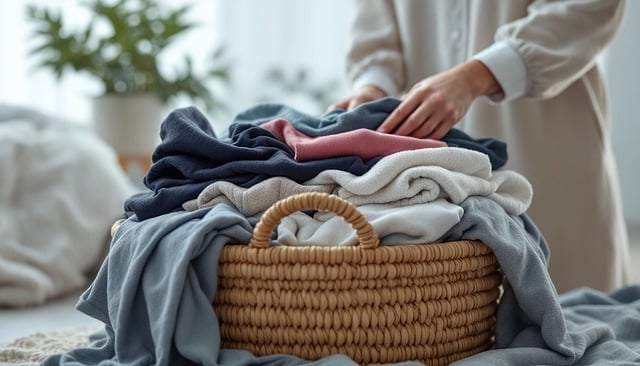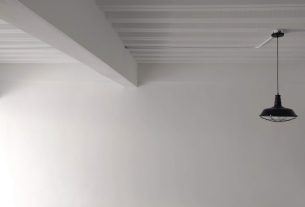A tidy home is a powerful stress reliever, offering mental clarity and relaxation through organization. Scientific studies confirm that cluttered spaces contribute to increased stress and anxiety, while decluttering improves well-being and reduces mental strain. Home organization reclaiming control over surroundings, minimizing distractions, and promoting tranquility, ultimately enhancing sleep quality and overall mood.
Organized homes reduce stress levels significantly, according to scientific studies. Cluttered spaces have been linked to increased anxiety and stress, while a tidy environment promotes mental clarity and well-being. This article explores the connection between home organization and stress reduction, offering practical strategies for decluttering and maintaining order. We delve into evidence-based techniques to create a peaceful living space that supports long-term mental health management. By integrating these tips, you can transform your home into a serene haven, reducing stress and enhancing overall quality of life.
- The Connection Between Home Organization and Stress Reduction
- – Explore scientific studies linking clutter to increased stress
- – Explain the psychological impact of a disorganized living space
The Connection Between Home Organization and Stress Reduction

A tidy home is more than just aesthetically pleasing; it’s a powerful tool to combat stress and promote mental well-being. The connection between home organization and stress reduction is deeply rooted in our psychological response to our surroundings. When spaces are organized, they create a sense of calm and control, reducing the overwhelming feeling often associated with disarray. Decluttering involves removing distractions and unnecessary items, leading to a simplified environment that allows for better focus and clarity of mind.
This process empowers individuals to regain a sense of dominion over their personal spaces, translating to a more manageable and less stressful daily life. A well-organized home reduces the mental burden of constantly searching for things or navigating through clutter, creating an environment conducive to relaxation and improved mood. By fostering order and simplicity, home organization becomes a key strategy in managing stress levels and enhancing overall quality of life.
– Explore scientific studies linking clutter to increased stress

Numerous scientific studies have explored the connection between home organization, decluttering, and stress levels. Researchers have found that a cluttered living space can significantly contribute to elevated stress and anxiety. Clutter acts as a visual and mental distraction, making it harder for our brains to process and organize information, which in turn increases cortisol, the stress hormone.
One study published in the Journal of Clinical Psychology revealed that individuals with cluttered homes experienced higher levels of perceived stress and reported worse overall well-being compared to those with organized living spaces. Additionally, a systematic review in the International Journal of Environmental Research and Public Health highlighted that decluttering can lead to improved mental health outcomes, including reduced stress, improved mood, and increased life satisfaction. These findings underscore the significant impact that home organization and decluttering can have on our mental and emotional well-being.
– Explain the psychological impact of a disorganized living space

Living in a disorganized home can significantly impact one’s mental well-being. Cluttered spaces often create a sense of overwhelm, leading to increased stress and anxiety levels. The psychological effect is akin to being in a chaotic environment, which can make it difficult for individuals to find clarity and focus. A tidy, organized living area promotes a calmer mindset, allowing residents to relax and unwind more effectively.
Home organization and decluttering are powerful tools to combat this mental clog. By taking control of one’s surroundings, individuals can reclaim their sense of peace and efficiency. The process involves letting go of unnecessary items, which reduces sensory overload and creates an atmosphere that supports tranquility and productivity. This, in turn, contributes to better sleep quality and improved overall mood, making the effort well worthwhile.
Organized homes and effective decluttering practices are powerful tools in managing stress. Scientific research consistently shows that clutter contributes to heightened stress levels, while a tidy living space promotes mental tranquility. By fostering order and reducing visual distractions, home organization becomes a strategic approach to cultivating a peaceful environment. Incorporating regular decluttering routines into daily life can significantly minimize stress, enhancing overall well-being.



